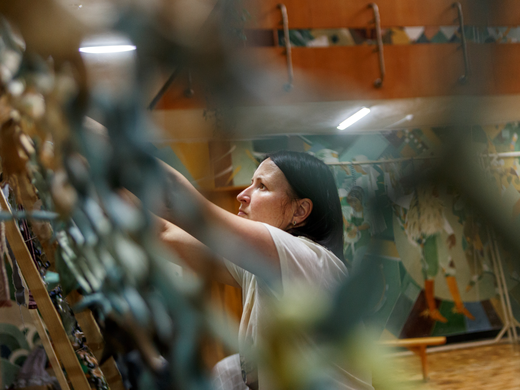For more than 60 years, states have agreed that international cooperation is required to ensure effective responses to the needs of refugees. In the absence of binding commitments from states to share the costs associated with the granting of asylum, however, contributions remain discretionary — resulting in recurring gaps relating to the scope, scale and predictability of burden and responsibility sharing.
The UN General Assembly’s High-Level Meeting on Refugees and Migrants in September 2016 should launch a process that seeks support from UN member states for new arrangements that would address these gaps and develop new approaches to ensure more predictable and appropriate levels of international cooperation when responding to the protection and solutions needs of refugees.
This paper recommends that this process should build from the clear support for the norm of burden sharing, while addressing the gap created by the discretionary nature of contributions from states. The process should be premised on a disaggregated understanding of the impact of refugees on host states and communities, including an assessment of both the negative and the positive impacts that the presence of refugees might have, with a view to mitigating the negative consequences of hosting refugees and building on the potential contributions of refugees and refugee assistance programs. The process should be state led, but also include the active participation of a broad range of actors from the humanitarian, development and peace-building sectors, while considering the diverse forms of burden sharing that could be pursued.


